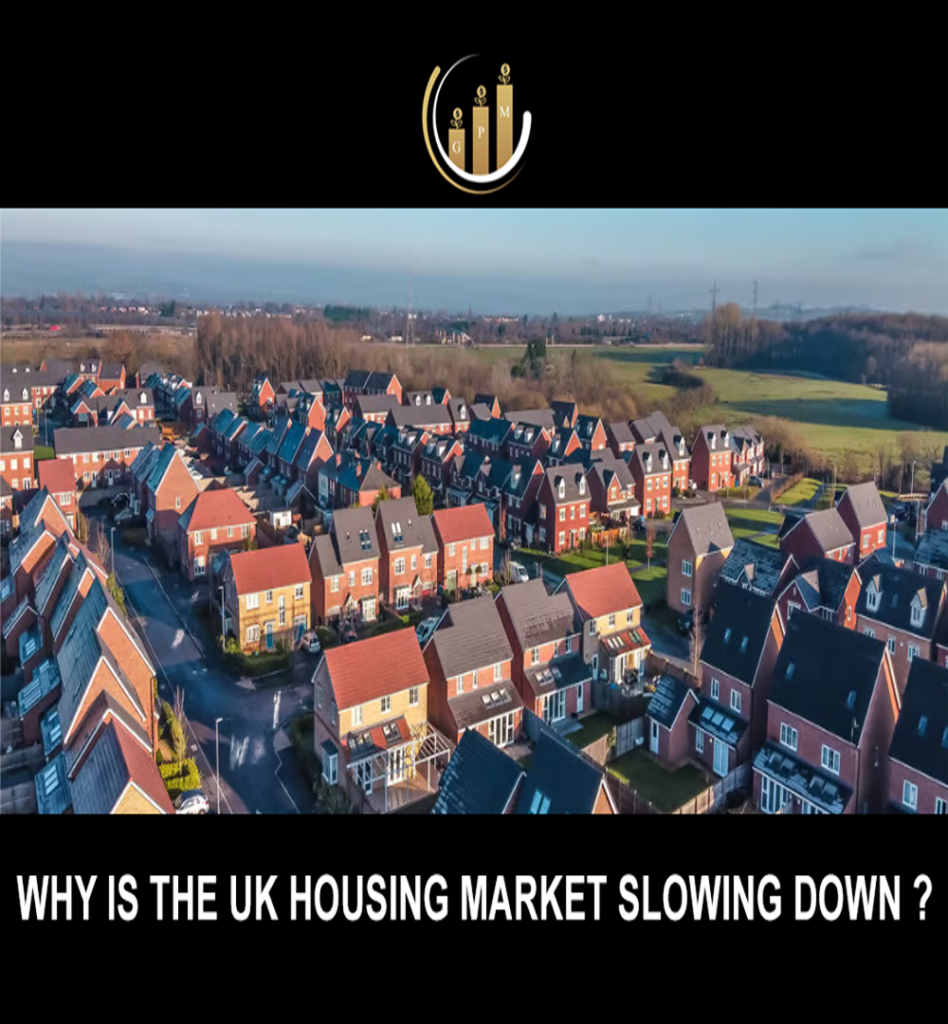Digital Zeitgeist – UK Housing Market Slows Down: Falling Asking Prices Impact National Mood
The United Kingdom is facing a downturn in the housing market, instilling a sense of unease amongst homeowners as they grapple with the prospects of falling property values. A recent poll has suggested that these concerns are dampening the national mood and is supported by a parallel survey that has witnessed a modest decline in property asking prices.
The YouGov/Centre for Economics and Business Research (CEBR) index for June 2023 revealed a dip in consumer confidence, down 1.7 points to 101.6. This fall has been significantly influenced by a discernible pessimism surrounding property values, which plunged by 5.8 points within the month and 10.3 points with regards to expectations for the next year.
According to Kay Neufeld, CEBR’s Head of Forecasting and Thought Leadership, the negativity surrounding the housing market and the wider economy has been exacerbated by rising mortgage rates. She suggested that consumers looking to purchase a house or remortgage at rates surpassing those in the aftermath of last year’s mini-budget were facing the brunt of these increases. “Unsurprisingly, the two-house value indicators have taken the largest hit this month,” she said.
Data from the latest Rightmove house price index supports this sentiment. The average asking price for a property coming to market in July 2023 fell by 0.2% (£905) to a total of £371,907. This monthly decline was marginally worse than the 0% standard for this time of the year.
Adding fuel to the fire, the base rate’s most recent rise to 5% has started to impact the housing market. The property website reported that the number of sales agreed in June 2023 was 12% lower than the equivalent figure in 2019, which contrasts sharply with the optimistic start to the year.
Tim Bannister, Rightmove’s Director of Property Science Innovation, observed that efforts to curb the economy, primarily via increased interest rates, are now starting to affect the housing market. “The unexpectedly stubborn inflation figures and the surprise of further mortgage rate rises when many felt that they had stabilised have contributed to the fall in prices and the number of sales agreed,” Bannister stated.
Despite these discouraging indicators, Bannister noted that buyer demand remained resilient, standing 3% above the more standard market levels of 2019. This resilience, he suggested, is buoyed by a shortage of high-quality properties for sale and the inherent demand for housing. However, the market for larger properties has been hit harder as potential movers reassess their budgets. The demand for smaller homes, specifically those with two bedrooms or fewer, has been less affected.
The data from Rightmove also underscored the determination among many first-time buyers to navigate through the challenging mortgage market and make their initial step onto the property ladder, particularly in the context of record-high rents. Chris Druce, a Senior Research Analyst at Knight Frank, echoed this sentiment. Despite the residential property market being as “price-sensitive as it’s been since before the pandemic”, he highlighted that “deals are still being struck and pricing is proving resilient”.
However, the estate agency is not wholly optimistic. It forecasts a 10% drop in house prices over the next year as more fixed-rate mortgages are renewed at higher rates.
A Devil’s Advocate Viewpoint
While the UK housing market’s slowdown has been cause for concern, it’s crucial to consider the broader perspective. From a devil’s advocate standpoint, this situation might not be as dire as it seems. The housing market is cyclical and has always been subject to periods of growth and contraction. This slowdown could be seen as a natural market correction after the unexpected boom during the pandemic, leading to a more sustainable growth trajectory in the future.
Moreover, falling prices might create a more inclusive market, making home ownership a realistic prospect for more people, especially first-time buyers. Indeed, the data indicates a steadfast determination among these buyers, which could be fuelled further by decreased property values.
Finally, while it is true that fixed-rate mortgages will be renewed at higher rates, this is not necessarily a permanent state. As with all economic trends, interest rates fluctuate. The rise in rates could well be a temporary phenomenon that may subside as the economy adjusts to new post-pandemic norms. Thus, while the current situation might be challenging, it could ultimately prove to be an integral part of the natural ebb and flow of the housing market.
Disclaimer: The views and opinions expressed in this article are those of the author and do not necessarily reflect the official policy or position of GPM-Invest or any other organisations mentioned. The information provided is based on contemporary sourced digital content and does not constitute financial or investment advice. Readers are encouraged to conduct further research and analysis before making any investment decisions.

